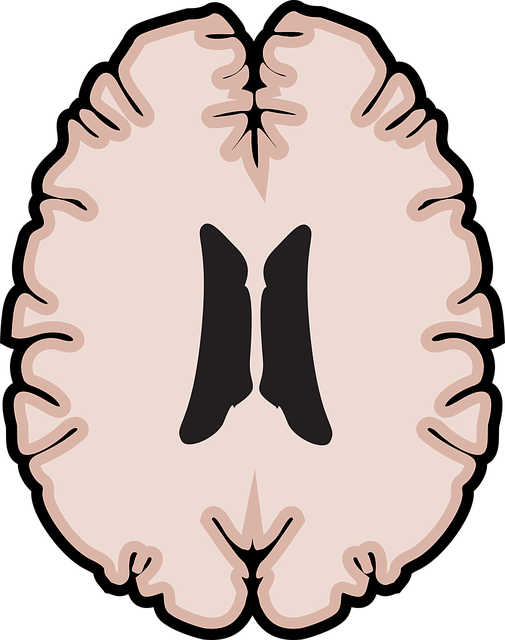Mental health advocacy in Westminster drives systemic changes by challenging stereotypes, fostering support systems, and promoting understanding. Initiatives like WERPT, combining exposure therapy with cognitive behavioral techniques, offer effective treatments for anxiety, phobias, and trauma-related disorders. Stress management workshops and mental wellness journaling exercises empower residents to overcome barriers and encourage early intervention. These efforts create a more inclusive community, reducing stigma and contributing to overall societal resilience through comprehensive mental health care.
Mental health advocacy initiatives play a pivotal role in fostering societal awareness, reducing stigma, and promoting support for those facing mental health challenges. This article explores three key components of effective advocacy: understanding the power of mental health awareness and support, examining innovative therapies like Westminster Exposure and Response Prevention Therapy, and highlighting the importance of community engagement and education. By delving into these areas, we aim to illuminate strategies that can revolutionize mental wellness support on a broader scale.
- Understanding Mental Health Advocacy: The Power of Awareness and Support
- Westminster Exposure and Response Prevention Therapy: A Revolutionary Approach
- Community Engagement and Education: Building a Network for Mental Wellness
Understanding Mental Health Advocacy: The Power of Awareness and Support

Mental health advocacy plays a pivotal role in shaping public perception and improving support systems for individuals grappling with mental health issues. It involves raising awareness, challenging stereotypes, and fostering an environment that promotes understanding and empathy. By advocating for mental health, communities can drive systemic changes, ensuring better access to resources, effective treatments, and inclusive policies. This process is crucial in breaking down the stigma surrounding mental illness and encouraging early intervention and recovery.
In this context, initiatives like Westminster Exposure and Response Prevention Therapy (WERPT) offer valuable tools. WERPT combines exposure therapy with cognitive behavioral techniques, empowering individuals to confront fears and change maladaptive behaviors. Organizations focused on stress management workshops and healthcare provider cultural competency training further contribute to the cause. By integrating Mind Over Matter principles into these programs, participants gain resilience and coping mechanisms, fostering a culture of mental well-being.
Westminster Exposure and Response Prevention Therapy: A Revolutionary Approach

Westminster Exposure and Response Prevention Therapy (WERPT) is a groundbreaking approach to mental health treatment, focusing on exposure therapy and cognitive behavioral techniques. This innovative method has shown remarkable results in helping individuals manage anxiety, phobias, and trauma-related disorders. By combining gradual exposure to fear triggers with response prevention strategies,WERPT enables clients to confront their fears in a safe environment, ultimately reducing the intensity of emotional responses.
The therapy’s success lies in its tailored nature, addressing each individual’s unique experiences and needs. Through targeted interventions and coping skills development, including mental wellness journaling exercises, individuals gain practical tools to manage their symptoms effectively. WERPT also fosters public awareness campaigns that challenge stigma and promote understanding, creating a more supportive environment for those seeking help. This holistic approach ensures comprehensive care, empowering individuals to take control of their mental health journey.
Community Engagement and Education: Building a Network for Mental Wellness

Community engagement and education play a pivotal role in fostering mental wellness. By organizing Stress Management Workshops and Self-Care Routine Development for Better Mental Health, initiatives can empower individuals to take charge of their psychological well-being. These interactive sessions provide practical tools and techniques, such as Mental Wellness Journaling Exercises, enabling participants to develop coping strategies tailored to their unique needs.
In the context of Westminster, these programs can help combat the impact of exposure and response prevention therapy (ERP) barriers, promoting a more inclusive and supportive environment. Through community engagement, individuals gain access to resources and support networks, fostering open conversations about mental health and reducing stigma. Such initiatives ultimately contribute to creating a healthier and more resilient society.
Mental health advocacy initiatives, such as Westminster Exposure and Response Prevention Therapy and community engagement programs, are revolutionizing mental wellness support. By fostering awareness, education, and accessible treatment, these efforts create a more inclusive and understanding society. Integrating these innovative approaches, like the transformative Westminster therapy, ensures that individuals receive the critical care they need, ultimately leading to improved mental health outcomes for all.














